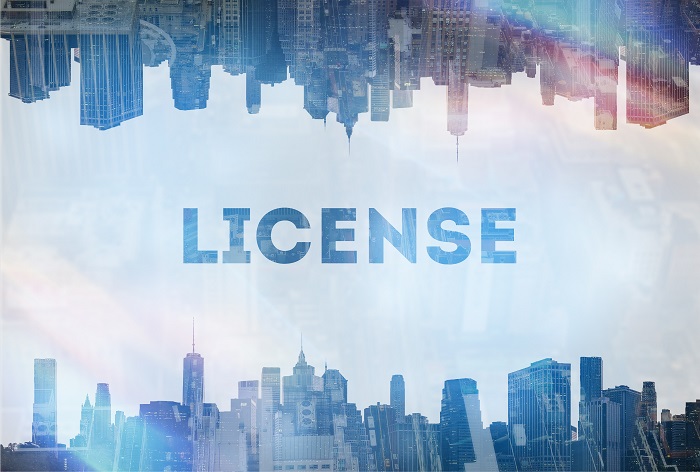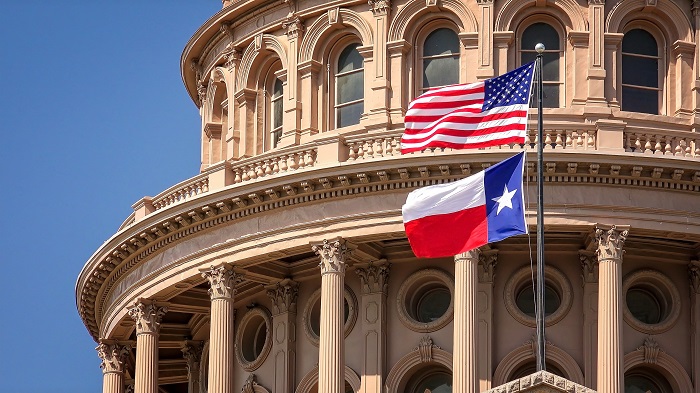Like many states across the U.S., Hawaii and Maryland have introduced new privacy legislation this year geared toward protecting consumers' personal information.
Posts published in “State & Local Regulation”
As California Attorney General Xavier Becerra advises consumers of all their new rights under the California Consumer Privacy Act (CCPA), multiple states are introducing their own privacy acts, some of which are remarkably similar to the CCPA. The most-watched privacy legislation is perhaps in Washington State, described below, which very nearly passed its Privacy Act last year.
New York Gov. Andrew Cuomo has proposed a bill to license consumer debt collectors. The proposal comes as part of the governor’s 2021 “budget bill” and was introduced on Jan. 21. A copy is available here. The bill proposes an effective date of Oct. 1, 2020.
It has been an extraordinary 365 days for consumer financial services law. I cannot recall a year where so many states introduced legislation or proposed regulations or rules impacting the credit industry. At the federal level, proposed rules for the Fair Debt Collection Practices Act were (finally) released and California also proposed regulations under the California Consumer Privacy Act.
The European Union’s General Data Protection Regulation (GDPR) went into effect on May 25, 2018, and introduced privacy concepts that were new to some U.S. businesses. Fortunately, the GDPR was developed over a period of time that allowed for thoughtful deliberation and careful drafting. The California Consumer Privacy Act (CCPA), on the other hand, was speedily enacted under the threat of a ballot initiative.
Nevada has enacted a new law entitled the “Consumer Protection from the Accrual of Predatory Interest After Default Act,” which relates to consumer form contracts used in connection with retail installment transactions and the prejudgment and postjudgment interest and attorney fees that may be awarded by a court. Signed into law on June 3 and applicable only to contracts entered into on or after Oct. 1, the Act adds a new chapter to Title 8 of the Nevada Revised Statutes, “Commercial Instruments and Transactions.” The Act does not apply to a number of entities, including (but not limited to): banks;…
Three new laws signed by California Gov. Gavin Newsom in recent days will impact consumer credit in the state by capping interest rates on payday and other consumer installment loans, giving automatic exemptions for bank account levies and removing exemptions for attorneys and mortgage loans from the Rosenthal Act. California Financing Law Expanded AB 539 amends the California Financing Law, which licenses and regulates finance lenders and brokers, by imposing new restrictions on loans of $2,500 or more but less than $10,000. It also adds a rate cap on those loans so that the annual simple interest rate may not…
On June 25, the Illinois Legislature sent Senate Bill 1624 to Gov. J. B. Pritzker. The legislation adds a requirement to Illinois’ data breach notification law to notify the attorney general in the event of certain data breaches. The bill will become law if not returned by the governor by Aug. 24, 2019. The legislation would amend the Personal Information Protection Act, 815 ILCS 530/10, by requiring that any data collector who must inform more than 500 Illinois residents of a data breach also provide notice to the attorney general describing: the nature of the breach; the number of affected residents;…
Texas Enacts Amendments to Data Breach Notification Law; Creates Privacy Protection Advisory Council

On June 14, Texas Gov. Greg Abbott signed into law House Bill 4390 which amends the notification requirements of Texas’ data breach law and creates an advisory council to study data privacy laws generally. The provisions become effective Jan. 1, 2020. Currently, a person conducting business in Texas who “owns or licenses computerized data that includes sensitive data” must disclose the breach to any affected individual “as quickly as possible.” Tex. Bus. & Com. Code § 521.053(b). The amendments will require the disclosure “be made without unreasonable delay and in each case not later than the 60th day after the…
On April 30, Washington Gov. Jay Inslee signed into law Substitute House Bill 1531 which places new requirements on medical debt collectors. The new provisions go into effect July 28, 2019. The new law requires medical debt collectors to inform consumers in the initial written communication of the right to request the original account number, date of last payment and an itemized statement regarding the debt. For hospital debt, the communication must also notify consumers they “may be eligible for charity care from the hospital, together with the contact information for the hospital.” Upon an oral or written request for…
The Texas Legislature has passed House Bill 996 which limits when a debt buyer can initiate legal action or arbitration to collect consumer debt and requires specific notices with respect to out-of-statute debt. Upon approval by Texas Gov. Greg Abbott, the new provisions will become effective Sept. 1, 2019. Definition of a Debt Buyer “Debt buyer” is defined as “a person who purchases or otherwise acquires a consumer debt from a creditor or other subsequent owner of the consumer debt, regardless of whether the person collects the consumer debt, hires a third party to collect the consumer debt, or hires…
On March 26, West Virginia Gov. Jim Justice approved House Bill 3143 which amends the state’s Consumer Credit and Protection Act. First, current law provides that a Regulated Consumer Lender License is required for: Making regulated consumer loans; or Taking assignments of or undertaking direct collection of payments from or enforcement of rights against consumers arising from regulated consumer loans (W. Va. Code § 46A-4-101). The amendment excludes from licensing under this section collection agencies that are licensed pursuant to the West Virginia Collection Agency Act. Second, the bill increases the dollar thresholds for certain loans to which maximum finance…











